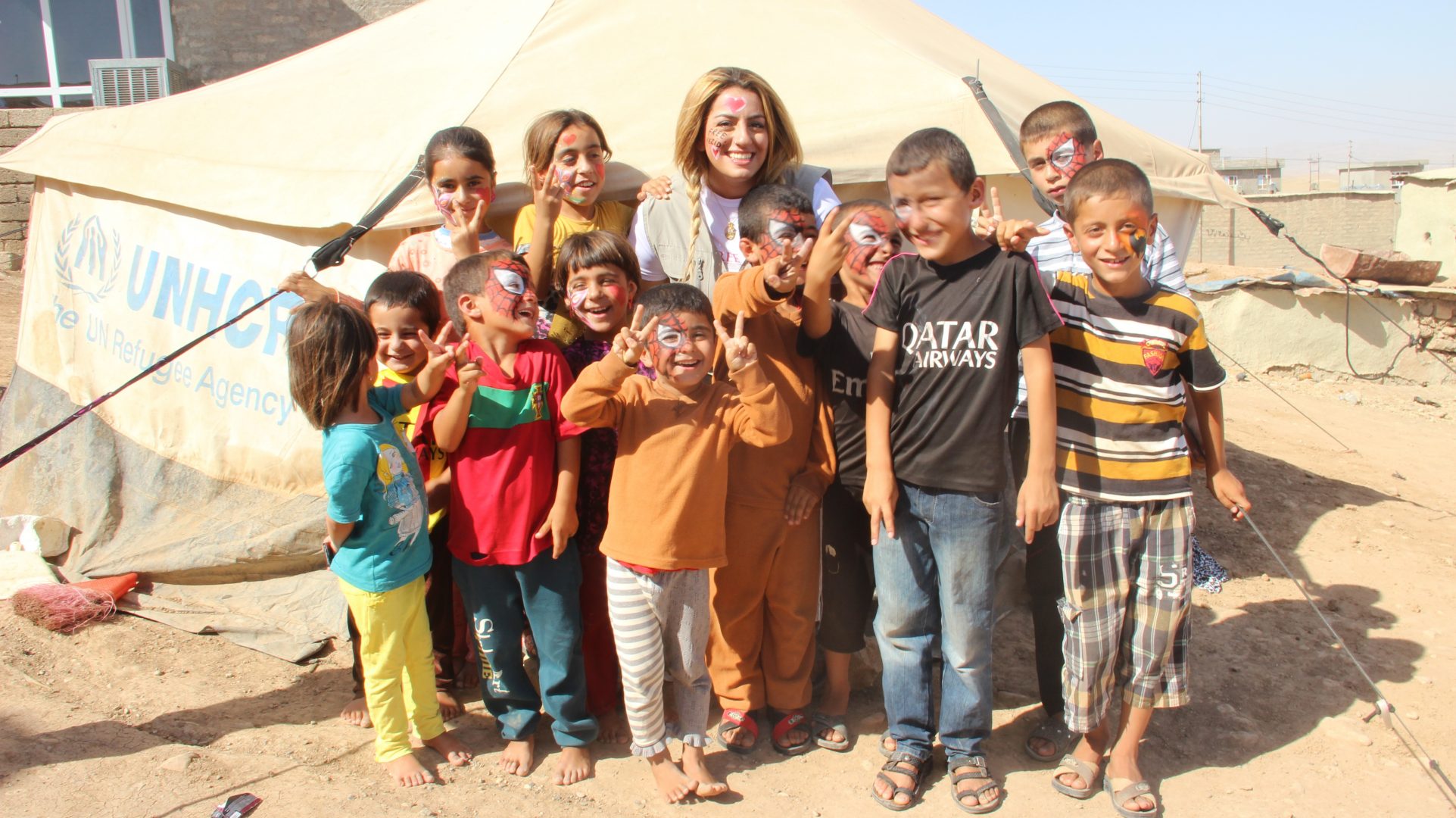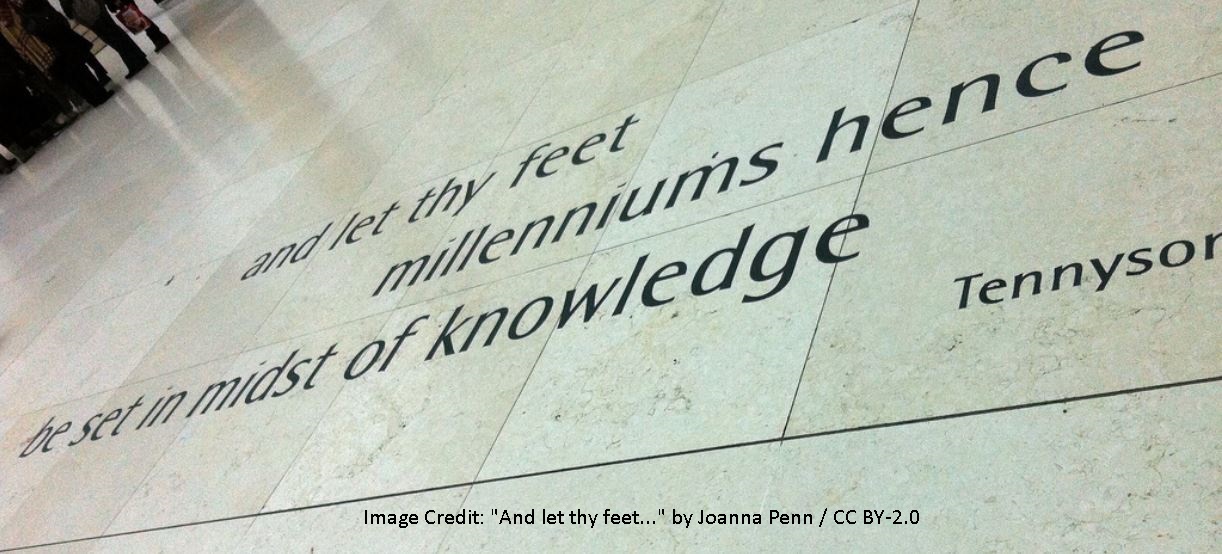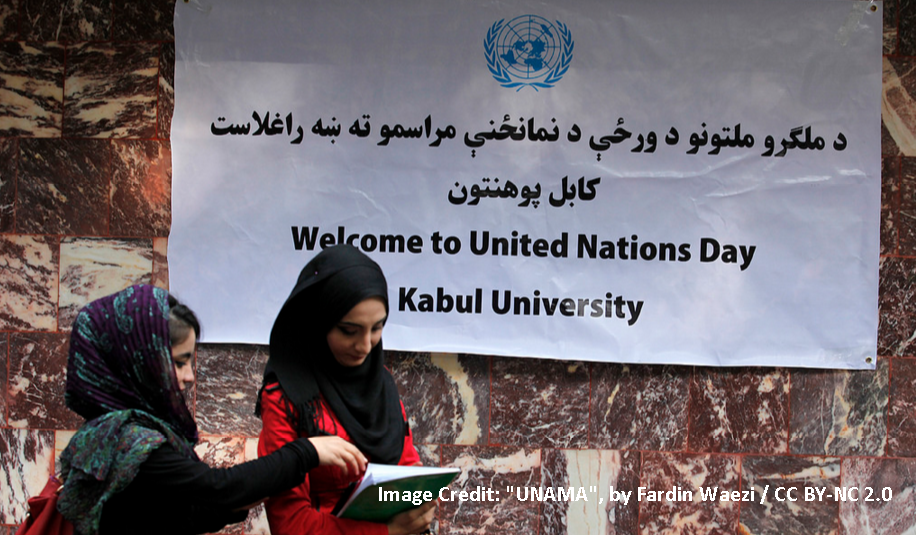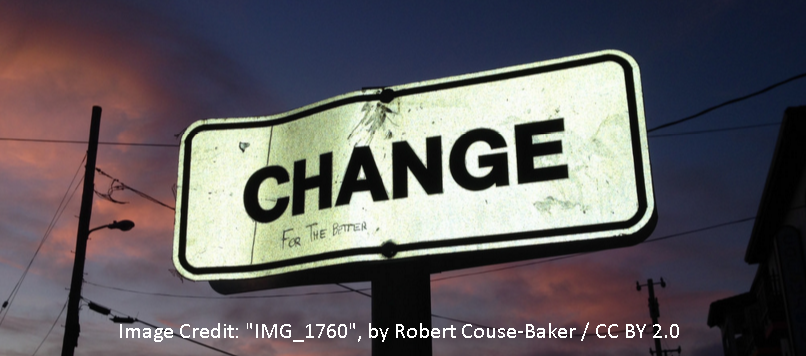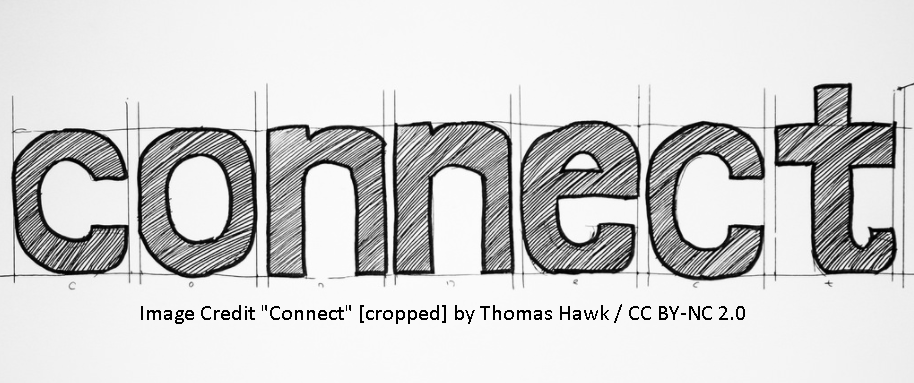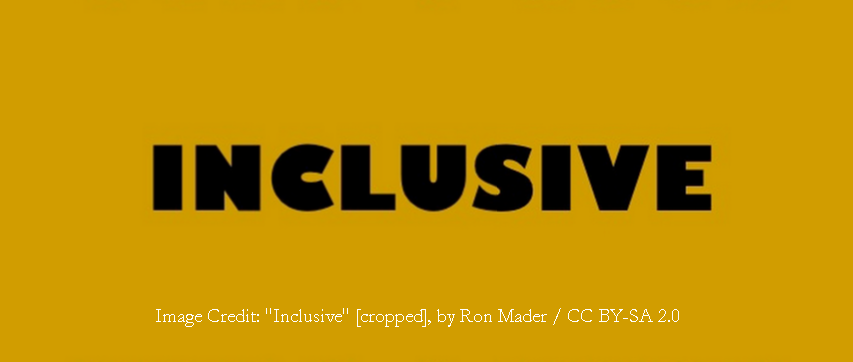Education for rehabilitation and rebuilding confidence in war-torn children: Perspective from a Yezidi from Camp Khangee in Northern Iraq
Education for rehabilitation and rebuilding confidence in war-torn children: Perspective from a Yezidi from Camp Khangee in Northern Iraq Enakshi Sengupta The American University of Kurdistan “I want to be educated, it is my only way to fight Daesh” - Yezidi Refugee When the Education for All (EFA) goal was declared at the World Education Forum in Dakar, Senegal in April 2000, many educators could not have imagined that the world would be so torn by war and conflict over the years since the forum. A large number of the world population is homeless, facing genocide and have been displaced from their home country due to war, political instability, or religious repression. According to a recent press release from UNICEF, it is estimated that more than 14 million children across Syria, Libya and Iraq are now suffering from the escalating conflict in those regions. With the conflict in [...]

